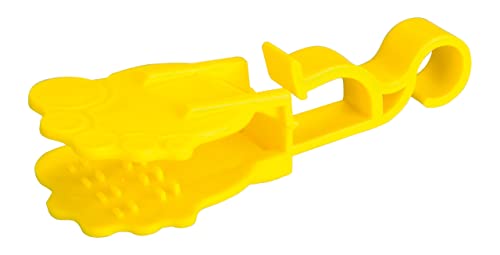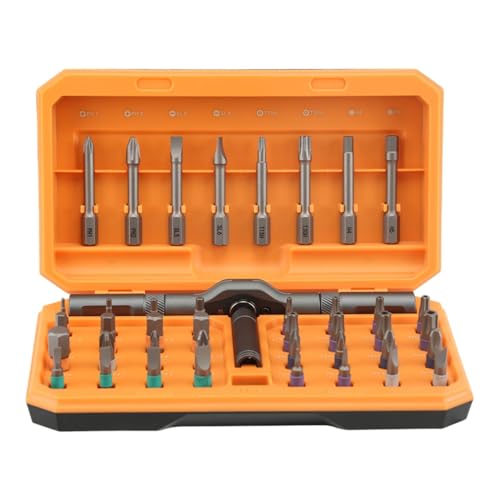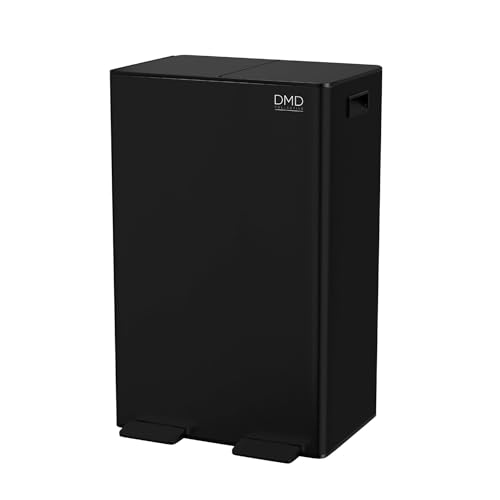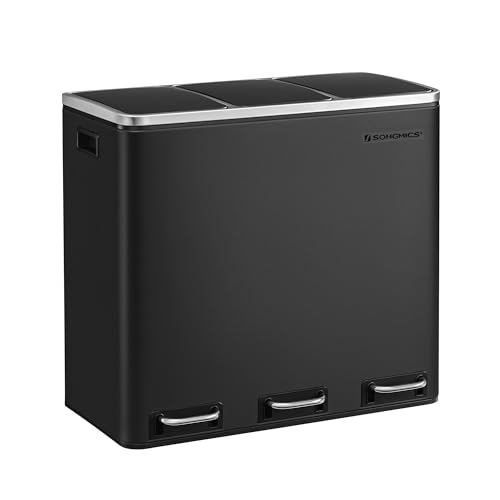Understanding the Basics of Electric Guitars for Kids: What Parents Need to Know
What is an Electric Guitar?
Electric guitars are a popular choice for young musicians, especially those who are interested in playing rock or pop music. They work by converting the vibrations of the strings into electrical signals which are then amplified to produce sound. For kids, the appeal of electric guitars often lies in their sleek designs and the exciting sounds they can produce, from crisp melodies to heavy riffs. Understanding how these instruments function helps us appreciate the joy they can bring.
Why Choose Electric Guitars for Children?
We believe that electric guitars can be particularly engaging for children because they enable creativity through sound and style. They often have a variety of tone settings, which means that kids can experiment with different sounds and find what they enjoy most. Additionally, the smaller size and lighter weight of electric guitars compared to acoustic versions can make them more manageable for young players.
Choosing the Right Size and Style: Finding the Perfect Fit for Young Musicians
Size Matters: Ensuring Comfort
When selecting an electric guitar for a child, size is crucial. It’s important to ensure that the instrument is comfortable for them to hold and play. A guitar that’s too large can lead to frustration and discourage practice. Typically, smaller guitars or those designed specifically for kids have shorter necks and slim bodies, making them suitable for younger players without compromising on sound quality.
Style Preferences: Making It Personal
Another thing to consider is the style of the guitar. Electric guitars come in various shapes and designs, from iconic stratocasters to sleek modern options. Allowing your child to pick a style that resonates with them can enhance their excitement and willingness to play. Whether they prefer bright colours, unique finishes, or classic designs, finding a guitar they love will boost their enthusiasm for learning.
Top Features to Look For: Ensuring Quality and Fun in Every Strum
Pickups and Sound Quality
When examining electric guitars, we should pay attention to the pickups — these are the components that capture string vibrations. There are two main types: single-coil and humbucker. Single-coil pickups produce bright, clear tones ideal for genres like pop and rock, while humbuckers offer a fuller, warmer sound. Your child’s musical preferences can guide your selection here.
Build Quality: Durability Counts
A sturdy design is important, especially for kids who may not be as careful with their instruments. Look for guitars with quality materials and finishes that can withstand some bumps and scrapes. A well-built guitar will not only sound better but will also last longer, making it a worthwhile investment.
Recommended Brands and Models: Our Top Picks for Young Guitarists
Trusted Brands for Young Players
Some brands are known specifically for their child-friendly electric guitars, such as Squier, Yamaha, and Epiphone. Squier often offers well-constructed models that cater to beginners, combining affordable prices with decent sound quality. Yamaha has a reputation for versatility, producing guitars that sound great across various music genres. Epiphone models, often inspired by famous Gibson designs, can give your child a taste of iconic style while remaining accessible.
Specific Model Suggestions
For absolute beginners, we recommend considering the Squier Mini Stratocaster, which is compact and lightweight but still delivers impressive sound. The Yamaha Pacifica Series is another excellent option, offering various features suitable for different skill levels, making it ideal for young learners. Epiphone’s Les Paul Express is also worth looking at, as its smaller body size makes it particularly suitable for kids.
Tips for Getting Started: Encouraging Your Child’s Musical Journey
Creating a Supportive Environment
Encouraging your child to start playing the guitar begins with a supportive environment. Offer them a designated space for practice that is free of distractions. Consider dedicating a specific time each day for practice, making it a routine that they can look forward to. Having a comfortable area where they can focus is beneficial for learning.
Finding Learning Resources
To complement their new guitar, we recommend exploring various learning resources. Online tutorials, music apps, or even beginner classes can be fantastic ways for them to kickstart their musical journey. Engaging with their learning process will keep them motivated, and they might even make some new friends who share their interest in music.
Celebrating Progress and Milestones
As your child progresses, it’s essential to celebrate their achievements, no matter how small. Whether it’s mastering a simple song or learning a new chord, recognising their efforts will encourage them to continue. Perhaps organise small family performances or simply share their music with relatives; this can help make their journey enjoyable and fulfilling.
























